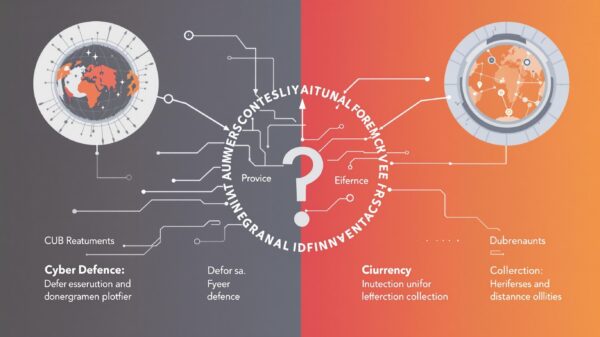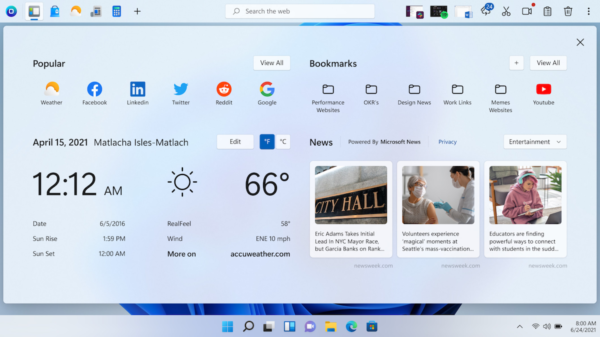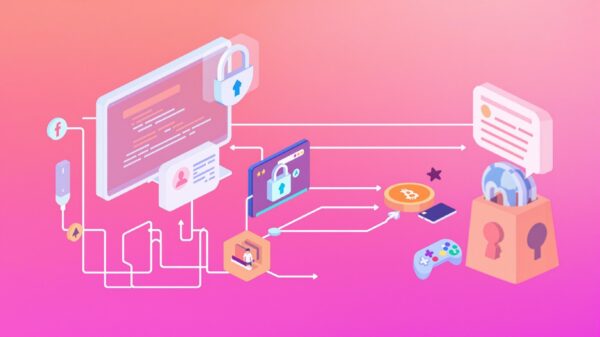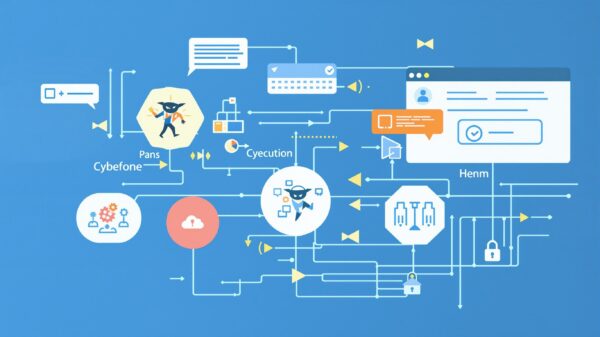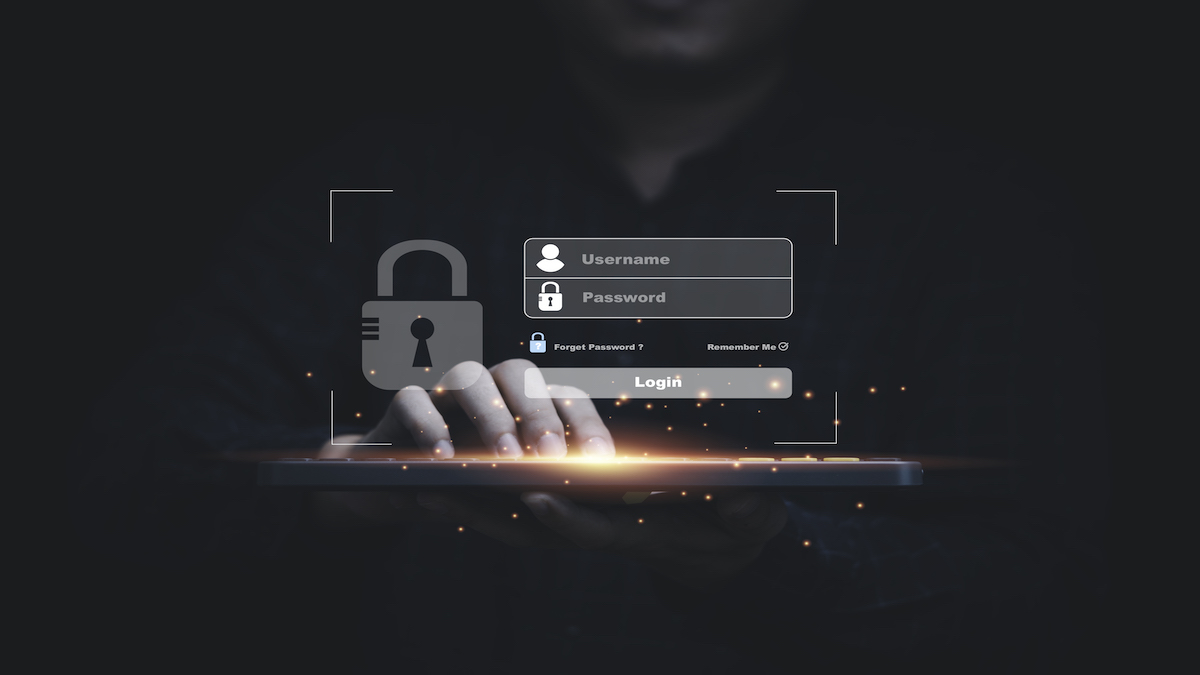OneLaunch’s privacy policy leaves several areas open to uncertainty. While they may not explicitly intend to steal sensitive data, a lack of transparency about the information they collect could leave users vulnerable.
Social engineering can occur both in person and online. Tactics like tailgating and pretexting can involve face-to-face interactions, while phishing, vishing, and smishing primarily occur through digital communications.
Follow these precautions:
- Download software exclusively from official websites or trustworthy sources.
- Examine every single step of the software installation process, deselecting unwanted add-ons.
- Keep a robust antivirus/anti-malware program active on your system.
Individuals can protect themselves by being cautious with personal information, verifying the identity of anyone requesting sensitive data, and being aware of common social engineering tactics and red flags.
Organizations can prevent social engineering attacks by conducting regular security awareness training, implementing strong security protocols, and fostering a culture of vigilance and skepticism towards unsolicited requests for information.
It’s most likely OneLaunch came bundled with other free software you downloaded. These installations often sneak additional programs in if you’re not paying close attention to every selection you make during the setup process.
These might be telltale signs: * Your default search engine or homepage has changed without your permission. * Intrusive advertisements appear with unusual frequency. * You see “OneLaunch” listed in your installed programs.
A: PUPs can be persistent. Use a powerful anti-malware program for a thorough scan and quarantine any related files. You may also need to reset your browser settings manually to undo any changes OneLaunch imposed.
While not classic malware that causes direct damage, OneLaunch qualifies as a Potentially Unwanted Program (PUP). Its deceptive installation, browser hijacking, and potential privacy issues warrant concern and align with harmful software tactics.
While the ethics of social engineering can be complex, particularly when used for security testing, malicious social engineering that involves fraud, deception, or theft is illegal.
Absolutely! Reporting potentially unwanted programs helps security companies refine their detection and protect other users. Your input contributes to a safer online ecosystem.
The most common type of social engineering attack is phishing, where fraudulent communication is sent to trick individuals into revealing sensitive information.

